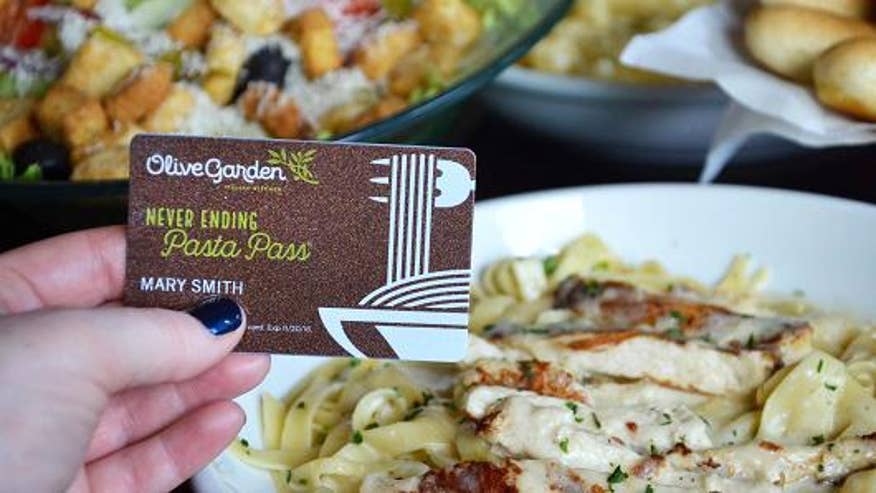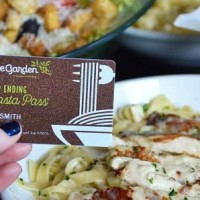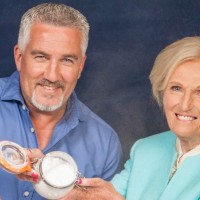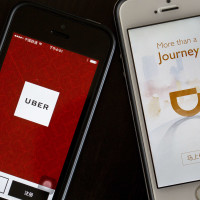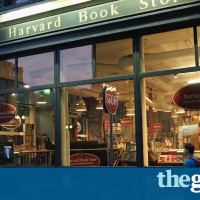Solange Knowles was reportedly pelted with limes by white people at a Kraftwerk gig for being an outsider. I feel white micro-aggressions like that every day, says publicist Michelle Kambasha

In 2013, the good people at US-based independent label Secretly Group hired me as a fresh-faced, straight-out-of-the-Midlands graduate.
Three years later, my face is less fresh as I find myself holed up in sweaty east London pub-cum-venue most nights, waiting for bands to start, often 15 minutes after their agreed set time. In those 15 minutes, the smell of cheap alcohol becomes neutralised and I chat to the journalists Ive invited along, trying to be as friendly as possible in the hope that my charm will sway them into giving my band a four-star review that doesnt feature any complaints about technical difficulties.
In the few short minutes before the band comes on, the stage lights illuminate the crowd. Its only then I become aware that I am a black woman in an overwhelmingly white place. Im probably the only black woman here, Ill think, and suddenly the whole place feels like an anxiety dream in which I turn up to work completely naked and call my boss Mum.
This feeling of outsiderness is something Solange Knowles recently experienced at a Kraftwerk gig, along with her black husband, black child and childs friend. She claims she was targeted by a group of four white women who shouted at her to sit down, before they threw half-eaten limes at her. In response to this incident, Knowles wrote an essay about isolation, describing the experience of being a person of colour in predominately white spaces.
Ive never been pelted with limes but during my time in the music industry Ive felt the white micro-aggressions that speak far louder than words. Never misjudge my intuition in knowing that when a white, east London Corbynista with a serious case of vocal fry asks me a question like: Whys there no toilet roll? what that actually means is: I take it you work here because youre black? Or when Im asked: Why are you at this [insert any indie band] show? and I explain that its because I do their press, I know what theyre really asking is: Why dont you do press for someone black, because youre black? It is as if my race inherently makes me underqualified.
Its not like I didnt know what I was getting into. My love for alternative music started as teenager in the midst of an identity crises. As one of few black people in my school, and as a black girl who read alternative music magazines but never saw any black girls in them, I found solace in reading the works of black writers who wrote about the music I loved.
One was Britt Julious. While all of her writing is phenomenal, one article in particular resonated with me when I became a music publicist. Following an incident in which she was asked Whats a black girl doing here? at in indiepop show, it led to a deeper exploration of what it means to be black and breaching the boundaries. This birthed Blackfork her annual headcount of black people she sees at Pitchfork festival, Chicago.
A friend and I did a similar thing at NOS Primavera Sound this year (we counted seven to 12 black people, including myself, across two days). The annual count has nothing to do with the festival itself, Julious says. I do not fault Pitchfork for creating the audience that it does. Rather, this was about what it means to be black and whether or not I was fitting in.
How then do I forge my sense of belonging and find a way to become indispensable in a white world that seeks to dispose non-white people for its survival without losing who I am? How to own my black woman-ness, without feeling alone or defeated? What does my existence mean, right now, at this indie show with a crowd thats 95% white? My parents never shied away from the difficulties they faced in the corporate world: for them, speaking their mind was an aggression, whereas for white people it was just an opinion. Silence and subservience wont help me because the issue is my mere occupation in their space in the world of media and arts. So Ill continue to reply to micro-aggressions with my very own (Why dont you ask someone that works here? normally works). Ill continue to go to alternative shows right until the Tories shut every single venue down.
Ill make no apologies for who I am, and for being where Im meant to be. Stood in a sweaty east London pub-cum-venue, waiting 15 minutes for a band to start.
